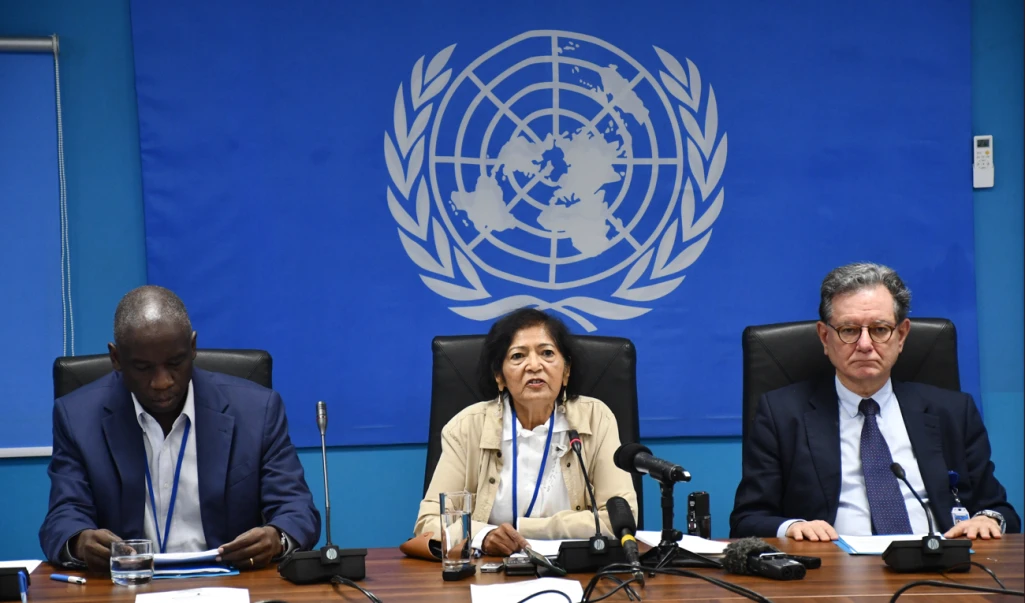
The United Nations Commission on Human Rights in South Sudan
has identified 150 individuals responsible for human rights violations and
waits to hand them over to the yet-to-be-established hybrid court for
prosecution.
At a press conference on Thursday marking the end of their
13th visit to South Sudan to assess the human rights situation, Yasmin Sooka,
head of the United Nations Commission on Human Rights in South Sudan, stated
that the listed individuals await prosecution by the appropriate court.
“We now have 150 persons of interest in terms of which we
have prepared dossiers, and those dossiers are intended, in fact, to be handed
over to the prosecutor of a future hybrid court,” Sooka stated.
Sooka found three ongoing problems in South Sudan at the end
of the four-day assessment: people who violate human rights are not held
accountable; there is a severe lack of governance and essential services in
justice, healthcare, and education; and the effects of corruption and
exploitation by political elites last for a long time.
“Sometimes in our reports, we have been fairly radical in
disclosing the names of perpetrators, and that is an option we consider. You
know how the information we have can also be used strategically to initiate
some kind of accountability,” she said.
The 2018 peace agreement in South Sudan calls for the
establishment of a hybrid court, a truth commission, and a reparations
authority, but none have yet taken place.
However, legislation for the truth commission and
reparations authority has been enacted, drawing praise from a UN expert who
urged swift implementation.
“We have continued to emphasize the government obligation to make concrete moves on establishing the Hybrid Court for South Sudan, given that accountability is an essential component of the transitional justice process,” said Barney Afako, a member of the commission.